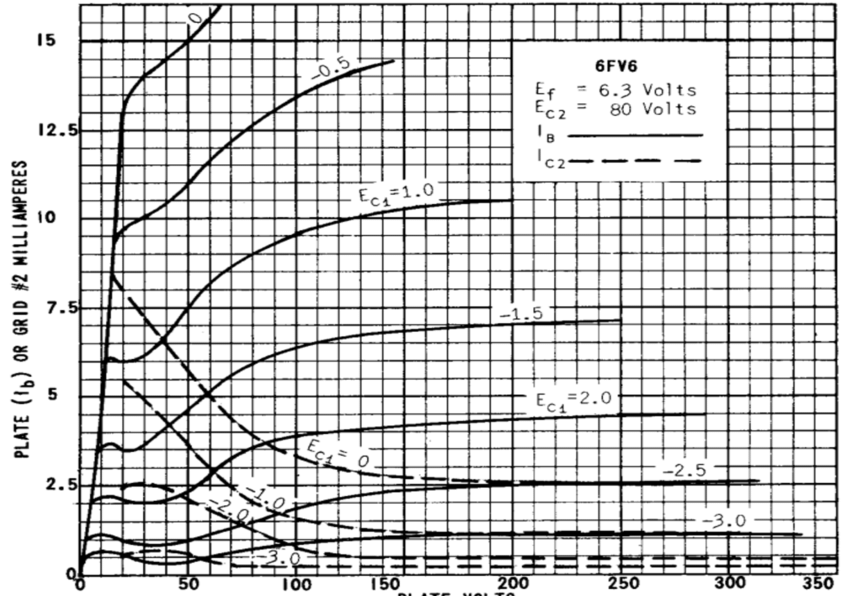But my point is the fact that this particular amp is or isn't UL rated, or EU certified, is of zero significance in the context of how it was raised when the amp was first reviewed and discussed, and even again here recently.Only one correction I would make to that - the safety ground is related to the electrical safety requirements of CE, not the EMC (as long as emissions and susceptibility can be passed without it).
Class 1 (grounded) or Class 2 (double insulated) are mandatory for compliance. No wiggle room. You can't test for double insulation - you have to prove it by design. It can be quite challenging to get right.
Many people said, and I think Amir even mentioned in the review "there are no ratings on the back of the amp." Good to point out for sure, but there was a common misconception that audio amps, good ones, would be UL rated. I think I even mentioned at the time, go look at the back of your amp and let us know. Some posted photos. Many were posting that no EU or UL rating was further evidence of, well, something. For a short time some were saying that "it's a requirement that" it is grounded a particular way. I asked back then, and just mentioned it again a day or two ago, there is no requirement in the US for anything on an audio amp. Early on there was one or two EE's that kept saying, "it's required" but they couldn't point to a Federal, State, or local law that required a manufacturer of amps to do it a certain way. Because there isn't any. Electrical codes do, and only require rated amps in very specific circumstances.
There was all of these great arguments about the suspect specifications, the FTC problems, the design problem on the grounding, there wasn't a need to try and make an additional point that had a faulty foundation: "It must be grounded, that's a requirement." Not in the US it isn't. "Well they market in the EU." Haven't seen any evidence of that. But that means nothing, they could have an EU version of their product, that is done all of the time. This review was on a amp sold in the USA.
The last point I wanted to make was that an CE certification, which many back peddled to as a backup position (well it isn't CE certified) is nowhere near what is required to get a UL or CTA rating, These were all red herrings to the major issues at hand. The company was having major issues, the marketing people seemed to have cooked the books, if it hadn't been reviewed who knows how long this would have gone on.
Something I just realized, Amir reviewed the 350W Amp in August. It didn't have a screw loose, it didn't blow fuses, but it was noisy and distorted to an extreme. But if it sounds good, or if Bob says it sounds good, for a lot of people that's enough. I don't know if that had a 3 prong plug, if so, how it was grounded. Would like to see if someone knowledgeable has looked at that. I also can't recall if it had a CE sticker on the back. Again, whether it does has no bearing on whether it is a good amp in terms of the parameters of the typical testing done as ASR.


